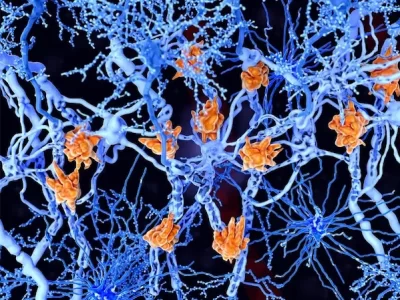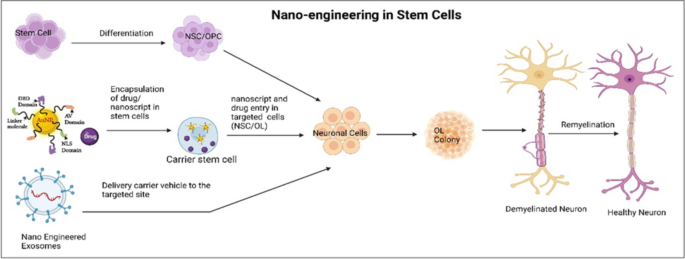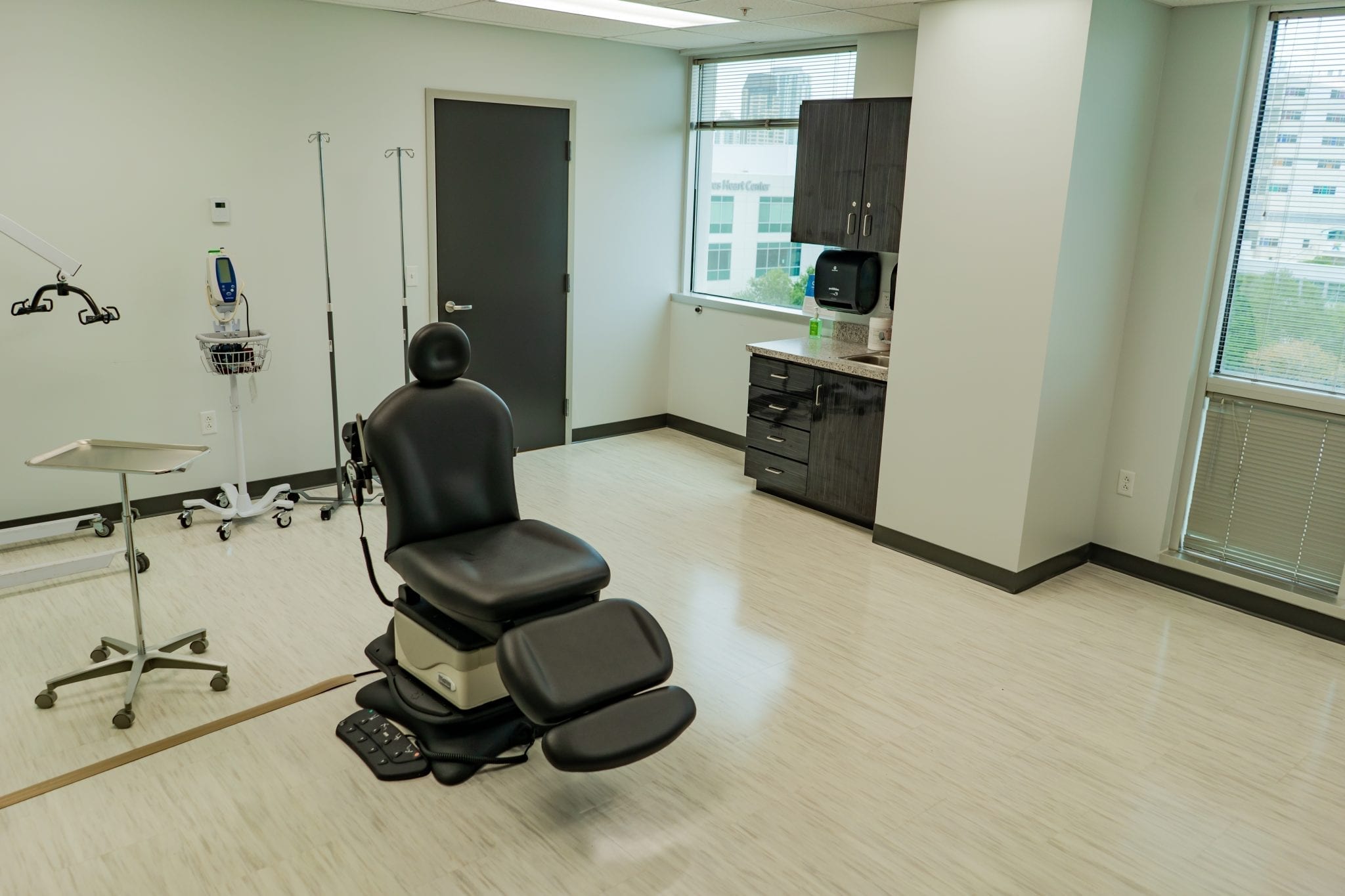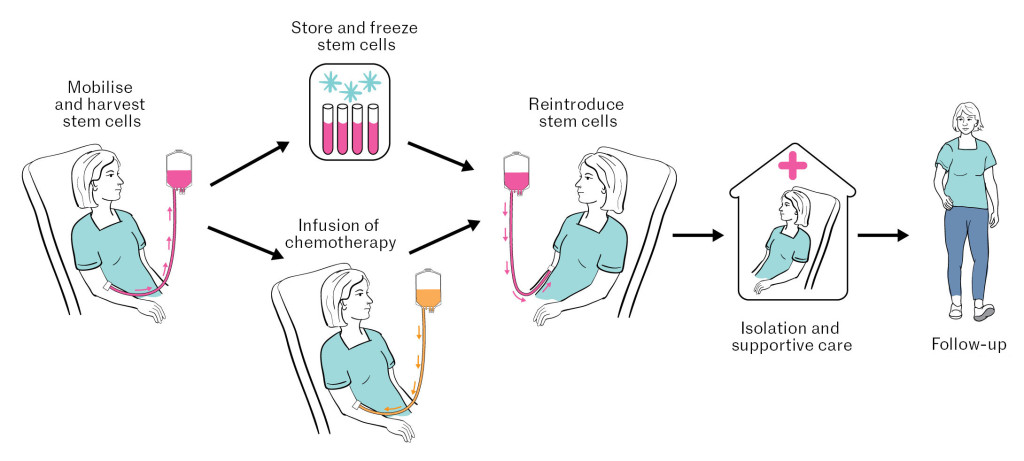Get This Report about Regenerative Medicine For Multiple Sclerosis
Table of ContentsThe Definitive Guide for Regenerative Medicine For Multiple SclerosisExamine This Report on Regenerative Medicine For Multiple SclerosisRegenerative Medicine For Multiple Sclerosis Can Be Fun For AnyoneNot known Details About Regenerative Medicine For Multiple Sclerosis The Buzz on Regenerative Medicine For Multiple SclerosisOur Regenerative Medicine For Multiple Sclerosis StatementsThe Regenerative Medicine For Multiple Sclerosis PDFs
The mesenchymal stem cells hair transplanted during stem cell therapy can split and grow to create new cells that can take the place of the harmed cells of the worried cells. This could bring back neurological features in people with this condition. These advantages of stem cell treatment are additional sustained by the capability of MSCs to promote recovery.Patients with several sclerosis are generally treated with mesenchymal stem cells. These are multipotent stem cells that have the ability to differentiate and develop to develop a vast array of cell enters the body. When hair transplanted, these stem cells can create to form healthy nerve cells therefore supporting the regrowth of the damaged tissues of the anxious system.
When hair transplanted, the stem cells move to locations of swelling or damages within the main nerves (CNS). They are naturally drawn in to the sites of injury where the immune system is assaulting the myelin sheath, the safety covering of nerve fibers. The stem cells function by promoting the repair and regrowth of harmed myelin, possibly recovering feature to impacted afferent neuron.
Regenerative Medicine For Multiple Sclerosis Fundamentals Explained
Stem Cell Research on MS The National Numerous Sclerosis Culture, along with various other organizations, is actively moneying and supporting research study into mesenchymal stem cell therapy for several sclerosis to discover their possible and enhance treatment procedures. The objective is to develop safer and a lot more reliable methods to make use of stem cells in dealing with MS.
Get This Report about Regenerative Medicine For Multiple Sclerosis
Here are reviews from testimonials of the Swiss Medica clinic. The patient took a trip from Romania seeking therapy for MS after hearing favorable comments about stem cell treatment for the disease.
Obtain a cost-free online consultation to learn exactly how stem cells will help your case, and what are the period and expense of the treatment. Clinical Consultant, Swiss Medica physician Lemus, H. N., Warrington, A. E., & Rodriguez, M. (2018 ). Numerous Sclerosis: Systems of Illness and Methods for Myelin and Axonal Repair Work.
The Greatest Guide To Regenerative Medicine For Multiple Sclerosis

Stem cells are cells in the body that can mature into specialized cells that serve a specific function. They are additionally able to create specific duplicates of themselves. There are two main kinds of stem cells: beginning stem cells and grown-up stem cells. are located in the establishing embryo and can develop into most kinds of cells in the body.
are found in some adult tissues and body organs consisting of the bone marrow, skin, blood, and mind. Adult stem cells are not as flexible as beginning stem cells and are for that reason more minimal in terms of the types of cells they grow right into. The distinct homes of stem cells supply assurance for new treatments that can slow/halt MS disease activity and repair work tissue damage in the main nerves.
Regenerative Medicine For Multiple Sclerosis for Dummies

The procedure entails accumulating stem cells from an individual's very own (autologous) bone marrow. The individual is after that treated with chemotherapy to deplete the immune system and stem cells are reintroduced into the body where they develop into brand-new, healthy and balanced immune cells - Regenerative Medicine for Multiple Sclerosis. Stem cells can be infused right into the body in different ways

In 2000, the MS Society of Canada and MS Scientific Study Structure funded a professional trial involving HSC transplants, led by Drs. Mark Freedman and Harry Atkins from the Ottawa Healthcare Facility Research Study Institute/University of Ottawa. The aHSC treatment offered in Canada is a treatment that makes use of high-dose radiation treatment, likewise called conditioning.

Our Regenerative Medicine For Multiple Sclerosis Statements
Neural stem cells (NSC) are found in the mind and can develop into different kinds of mind cells consisting of nerve cells, oligodendrocytes, and astrocytes. NSCs might offer to fix or protect the mind and modulate the immune system. Early professional trials in non-human primates demonstrated that therapy with NSCs benefitted the progression of MS-like disease in pet versions.
The results from these safety research studies are favorable for future stem cell and regenerative medication treatments in MS. Future professional trials (phase 2 and 3) with bigger varieties of participants and controls are essential to examine the efficiency of this therapy for MS. As demonstrated by the examples above, there is a huge array of study occurring that will offer additional solutions concerning using stem cells to treat MS.
Stem cell treatment is taken into consideration risk-free, yet, like my response any type of medical procedure, it brings some threats, such as momentary swelling or discomfort at the shot website. Severe side results are uncommon when carried out by qualified specialists.
Some Known Facts About Regenerative Medicine For Multiple Sclerosis.
Numerous sclerosis (MS) is a persistent disease of the central nerve system that impacts the brain and spine. It is defined by the destruction of myelin, a substance that covers nerve fibers, leading to disturbances in interaction between the brain and the remainder of the body. Signs and symptoms can differ commonly and include muscular tissue weakness, vision issues, imbalance, and tiredness.
Several sclerosis is characterized by the body immune system mistakenly striking the safety sheath (myelin) that covers nerve fibers, triggering interaction concerns in between the brain and the rest of the body. The disease can cause the degeneration or long-term damage of nerves. Symptoms vary commonly amongst clients and can include fatigue, movement problems, discomfort, and cognitive modifications.